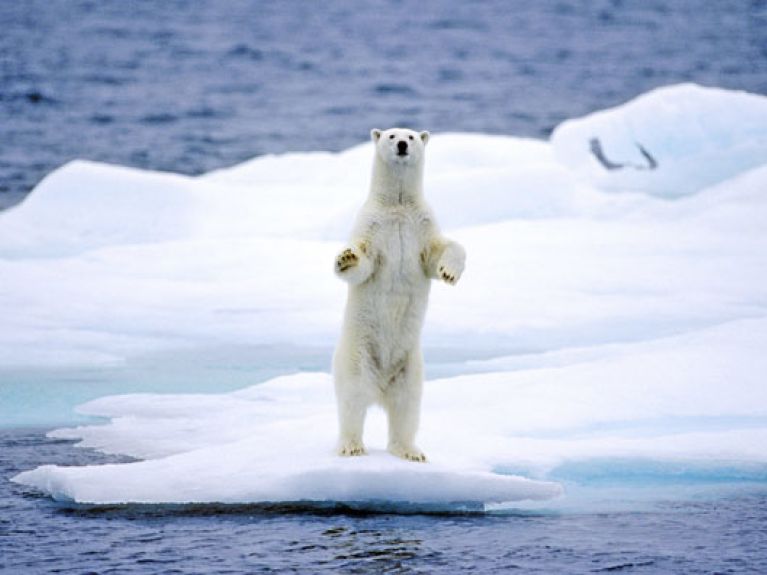Climate change conference in Morocco
How is the Paris Agreement to be implemented? Germany plans to advise climate change mitigation newcomers.

Marrakech (dpa) – Just short of a year after the historic climate change treaty was agreed, the world’s states are meeting in Marrakech to discuss how it is to be implemented. In Paris, 195 countries had agreed to avoid dangerous climate change by limiting global warming to “well below two degrees” above pre-industrial levels. This target now has to be translated into concrete steps and timetables at the climate change conference in the Moroccan city of Marrakech.
The two-week conference began on Monday with an opening ceremony that was also attended by UN climate change chief Patricia Espinosa and by Salaheddine Mezouar, the Moroccan foreign minister and president of the conference.
While the first week will mainly involve negotiations between experts, politicians such as Federal Environment Minister Barbara Hendricks are expected in the second week. The line-up of heads of state and government seen in Paris, where Germany’s Chancellor Angela Merkel and US President Barack Obama added their political weight to the proceedings, is not expected in Marrakech – after all, the major political decisions have already been taken.
The delegates in Marrakech are now keen to draw up procedures and timetables for the concrete implementation of the Paris climate change targets. Among the questions to be addressed is how poor countries in particular are to be supported in their efforts to adapt to the consequences of global warming, and how the very different climate change targets of the states involved can be compared.
As the conference host, Salaheddine Mezouar plans to give a voice to African and island states in particular. Many developing countries and emerging economies suffer greatly from extreme weather events.
Together with Morocco, Germany wants to launch a “global partnership on implementing the nationally determined contributions”. It is hoped that industrialised states, developing countries and indeed non-governmental organisations will join the partnership – and any country is welcome to sign up.
The idea is for countries like Germany to share their climate change mitigation experience with those states that are only just embarking on this path. The partnership will aim to organise this exchange by setting up a centre where developing countries can find answers to their questions. These may concern aspects such as green energy from sun or wind power, transport, agriculture or urban development. The initiative for the partnership came from Germany and involves cooperation between the country’s development and environment ministries.
Last Friday, that is to say shortly before the start of the conference, the new global climate agreement officially entered into force. This was possible thanks to its swift ratification by major states and communities such as China, the USA and the EU. As a result, it will not be all that easy for the USA to withdraw from the treaty in the event of an election win for climate change sceptic Donald Trump. In actual fact, the new agreement will only be implemented after 2020; until then, its predecessor remains in force, the Kyoto Protocol.

